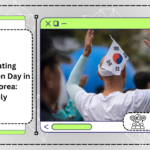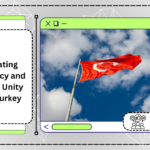Introduction to Naadam Holiday
The Naadam Holiday is a significant national day in Mongolia, celebrated with great enthusiasm and cultural pride. Held annually from July 11th to 13th, Naadam commemorates Mongolia’s independence and showcases its rich traditions.
Historical Significance
Naadam, which means ‘games’ in Mongolian, has roots that trace back to the era of the Great Mongol Empire. The holiday was initially a way to test the skills necessary for survival and combat, such as archery, horse racing, and wrestling. These three ‘manly games’ are still the centerpiece of modern Naadam celebrations.
Modern Celebrations
Today, Naadam has evolved into a vibrant festival that combines traditional sports with cultural performances, parades, and feasts. The opening ceremony, held in the capital city of Ulaanbaatar, features a grand parade of athletes, musicians, and dancers dressed in traditional Mongolian attire. Competitions in wrestling, horse racing, and archery draw participants and spectators from across the country.
Cultural Importance
Naadam is more than just a series of games; it is a profound expression of Mongolian identity and heritage. The holiday fosters a sense of unity and national pride, reminding the Mongolian people of their historical achievements and cultural legacy. Visitors to Mongolia during Naadam will find themselves immersed in a unique cultural experience that highlights the spirit and traditions of this remarkable country.












